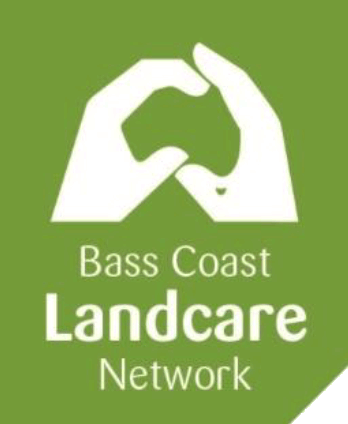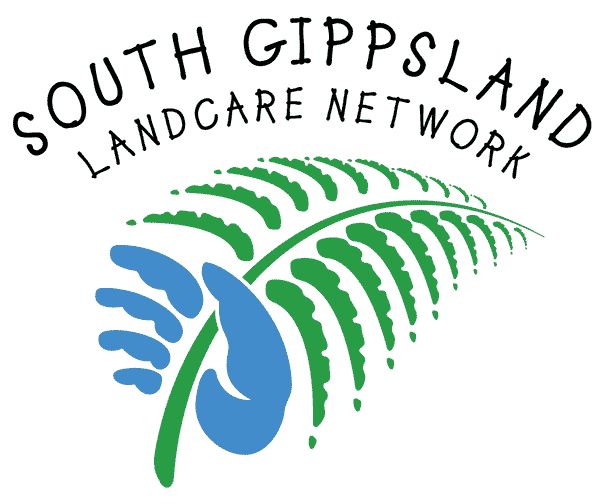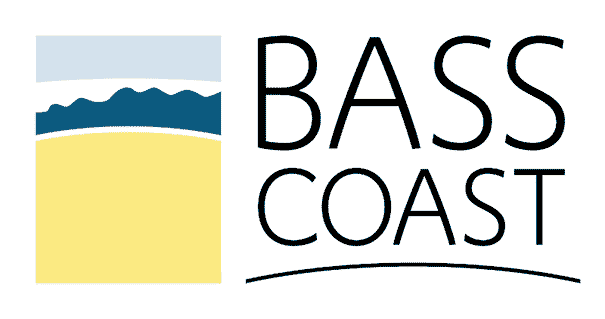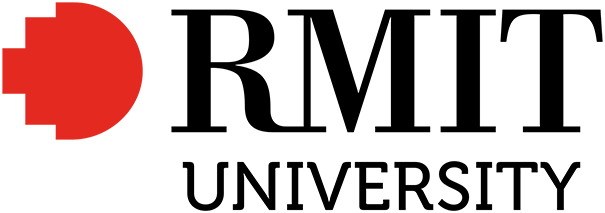Bill and Gary Cleeland: Our Story
The Cleeland family have been farming on Phillip Island since the 1860’s, now entering the 5th generation of farmers on the land. Currently they manage 450 hectares, some of which is leased to other farmers. They focused on sheep until 2009 when beef cattle were added.
Our Vision
The Cleelands seek to operate a financially and environmentally sustainable farm to provide for future generations.
“You should leave the place in better condition than what you found it. You've got a certain amount of pride, whether a builder, it's a nice house, or a farmer, it's a nice farm. So I think just leave it in a better shape than what it was when you first started.”
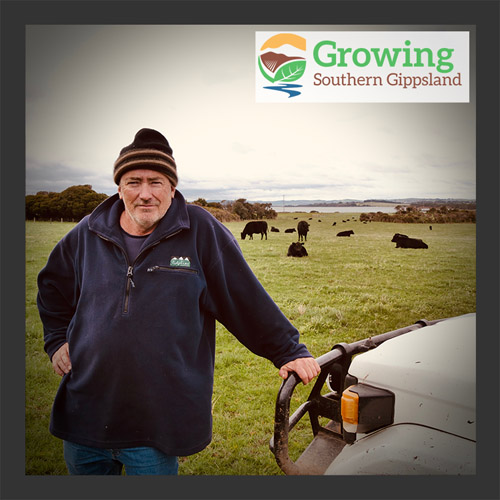
Enterprise: Grazing - Beef Cattle and Sheep
Locality: Surf Beach
Catchment Management Region: Port Phillip and Westernport
Landcare Network: Bass Coast
LGA: Bass Coast Shire Council
Landform: Island
Soil Type: Grey-brown clay sodosols, red clay-loam chromosols, sandy hydrosols
Annual Rainfall Average: 780 mm or 30.7 inches (Source- Bureau of Meteorology)
Our Enterprise
“it's run as a primarily beef and sheep operation.”
“In 2009 we split it to go into half sheep half cattle and there was a couple of reasons for that. We leased another property - this was when we started expanding and that was purely a sheep property - I think it was a bit over 200 acres and he specifically didn't want cattle on there. So we sort of run some sheep but most of the sheep operation is over the road and then we have the cattle yards here so that works in well with that. It does work really well because they both graze completely differently.”
Our Challenges
The increased urbanisation of the Phillip Island and the expansion of the road system raises questions about the future of the Cleeland farming enterprise.
“I've had a lot of thought about that [road widening along the front of the farm]. That may actually be the catalyst for me to really think seriously about whether I continue farming here or not, because it sort of loses its rural character and everything's getting more and more busy. Look, it does for us get difficult, like sometimes we have to bring big trucks in, b-doubles, that sort of thing - not often, but during the springtime it's probably once a week with cattle trucks…”
“With climate change I can see it and feel it and basically measure it and show you what the effects are.”
The seasons are shifting, with major implications for crop growth.
“It is getting harder to grow feed for our herds. Seasons appear to have shifted - November is not as wet as it used to be and rains that used to come in April may now not arrive until June. We also often miss out on the January storms. Also, hay now comes in a month earlier than it did 30 years’ ago, and the number of bails cut off the paddocks is varying more.”
“We have also stopped growing summer crops, mainly due to the large flocks of Cape Barren Geese that have appeared on Phillip Island since the eradication of foxes over a decade ago. We also have problems with wallabies and cape weed and less reliable summer rain.”
Salinity is a challenge that the Cleelands are interested in exploring further.
“Years ago Landcare did a salinity map of the farm … [They] actually came up with a whole farm map and the salinity areas were all red and the worse it got, the darker the red and all that. So it was really an accurate map and then that sort of does give you a bit of an idea of where to fence off.”
Our Landscape Activities
“We trial new grass varieties by planting a 100-metre patch to see how it grows before committing larger amounts of land.”
“We regularly experiment with new ways of managing the farm and our land. We are involved with experiments in controlling the Cape Barren Geese, which have become a problem on the Island since the eradication of foxes. We are trying to fence out the geese and the wallabies.”
“The dam we put in 20 years ago, with a solar pump to gravity feed the property, to get off mains water. It is now just sufficient given the changes to rainfall patterns, particularly the longer and hotter summers. It would be great to make it a bit deeper to catch more of the runoff when it comes.”
Our Practices and Successes
A major accomplishment of the farm was to move from town water supply to farm supply.
“When my father was running the property in the 1960s, 1967 drought, they put on mains water and look, the whole farm for years was run on mains water.”
“It was a difficult thing to do on this farm, because the farm itself is very long and narrow. In some places it's only a couple of hundred metres wide, so it's quite a difficult job because the highest point of the farm is right at the very end … So it was a difficult, expensive thing to set up and we had to dig a four megalitre dam to supply all that, but overall it's been a really good return on investment, because now our water bills are very minimal because everything's run off the dam which has got catchment from the main road.”
Livestock changes also had beneficial impacts on the farm landscape.
“The introduction of beef has improved our paddock rotations, we have brewed our own microbes for the soil, as well as used different types of nitrogen fertilizer.”
“Tree planting has been critical to our success, providing shade and shelter for the stock. This is particularly important to combat the extremes of hot and cold. We are planting around 3000 trees per year now.”
The Cleelands also are experimenting with the impact of changes with the climate as well as the difficulties of dealing with the recent invasive presence of Cape Barren Geese on the Island.
“So as far as re-sowing pastures it's making it incredibly difficult, because like as soon as the plant comes out of the ground, you're going to have anywhere between 100 and 300 geese chewing at it. Then if your autumn rainfall, which has become more and more unreliable, so you're facing a two-edged sword because you're trying to re-sow a paddock.”
“We're doing experiments at the moment with Phillip Island Nature Park just mainly on the Cape Barren geese and we're going to fence off a square hectare and then keep the wallabies and obviously livestock out and then sow different crops in there and the geese will still be able to get in there. We're actually going to measure what the impact is over 12 months.”
Sharing
They participate in workshops and field days to learn and are part of the BetterBeef group on the island.
“We run a BetterBeef group here and we do a lot on figures and stocking rates. It's all really interesting stuff and it does give you an idea of where you're sitting compared to others.”
The family also play active roles in the community addressing the pressures on them as farmers on Phillip Island. They are active in the local branch of the Victorians Farmers Federation, the Bass Coast Shire Councils Rural Engagement group (REG) and the Phillip Island Landcare Group.
Website
Images
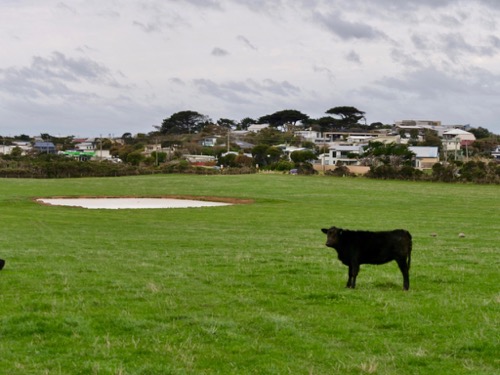
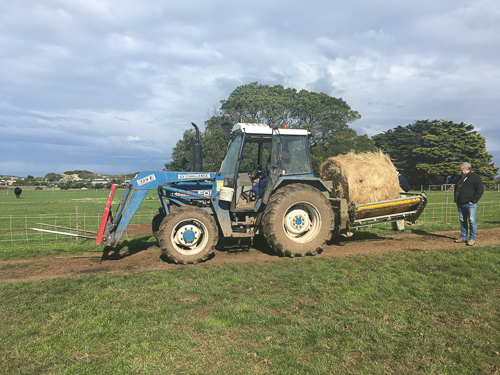
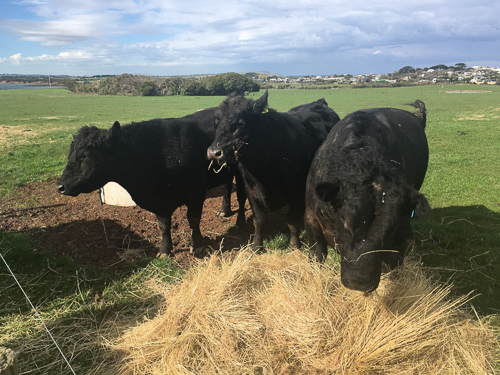
Additional Resources
Bill Cleeland on Shelter Belts
youtu.be/FacA_sWXR0w
[More resources on 'Shelter Belts']
Bill Cleeland - Soil Trial
youtu.be/sYA4Ift58Gg
[More resources on 'Soils']

